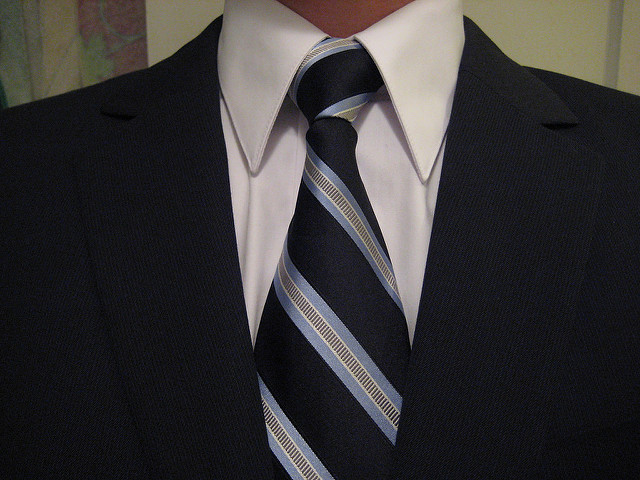
Mistakes a Bad Editor Makes – Part 1
Thinking of hiring an editor to review your writing work? Every writer needs one. Not just to catch mistakes and typos, but to give you feedback on your work.
Why is this important? Writers are too close to their work. And when they’ve spent countless hours on a writing project, their eyes have trouble catching mistakes that would stand out to a fresh pair of eyes.
Also, writers aren't always experts in language; they just have to be good at sharing stories.
When hiring an editor, there are a few things you need to watch out for. In this 3-part series, I’ll be digging into three of these things.
Let’s get started.
A Bad Editor Makes the Writer’s Casual Writing Too Formal
There’s a big fat line between tightening the prose and modifying word choice just enough to strengthen the writing and tightening the prose and modifying word choice so much that the writing reads like a graduate student’s master’s thesis.
Each writer has his natural writing style. Typically, it’s very similar to the way he speaks. The way we communicate in today’s world, and quite frankly, the way a lot of people communicated back in the 1800s, is not as formal as what some would believe, unless of course you were part of the educated elite and if that were the case you were part of a very small percentage of individuals.
This reminds me of an older man I met at a networking event a few years ago. Once he learned that I was a writer, he practically dismissed me, turned to another guy and talked about how we’re pretty much a dumb society because we don’t write or speak formally "like we used to".
Times have changed. We’re not obligated to speak like cast members of a Shakespearean play. And we’re not writing the constitution or a deposition for the courts. We’re speaking to our readers. And they’re people like us.
When an editor changes a writer’s casual writing into writing that is too formal, he’s interfering with the writer’s natural writing style. It’s the natural writing style that builds a connection with the readers. Make it too formal and the readers will have a hard time identifying with the message and the writer.
Stay tuned for Part 2 of this 3-part series.
- It’s been a long time… - February 10, 2024
- Realizations About Tracking Progress - May 28, 2020
- Goal Setting & Productivity 101 - May 25, 2020
